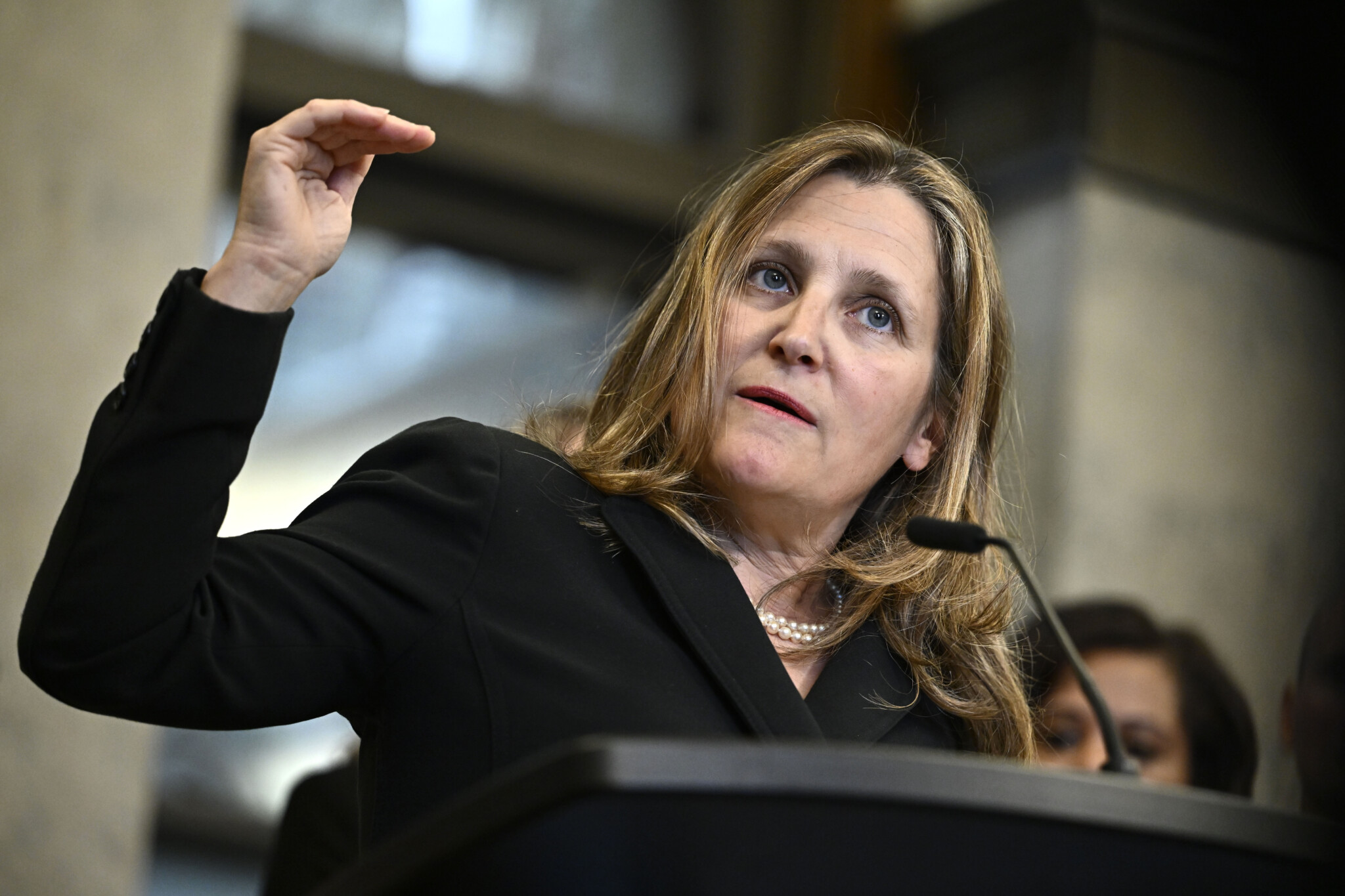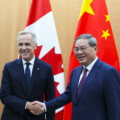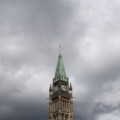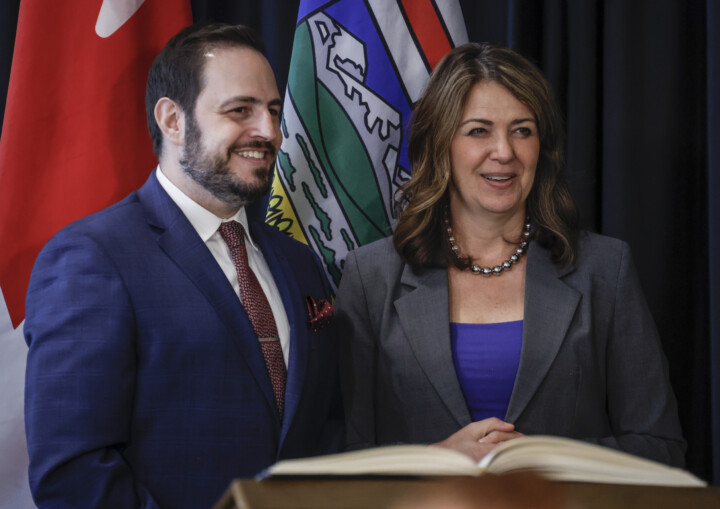In a recent Globe and Mail column, UBC Professor Kevin Milligan said the federal government’s recent capital gains tax increase will not make much of a difference to Canada’s economic well-being. But this view ignores the obvious negative consequences of the tax increase.
In its latest budget tabled in April, the Trudeau government increased taxes on capital gains for all businesses and for individuals with more than $250,000 in annual realized gains.
According to Milligan, critics of the tax increase wrongly pin Canada’s economic growth prospects entirely on tax policy. Instead, he argues we need more business investment, a greater focus on developing newcomers into productive citizens, and more industrial hubs in Canada.
While he’s correct that tweaking tax rates to improve productivity is not a silver bullet, taxes remain an important piece of the puzzle. For instance, raising capital gains taxes will deter business investment in the Canadian economy and chase away capital we need for new equipment, machines, and technology that drive innovation and allow our workers to become more productive because, by definition and design, the tax hike reduces returns on investment. In addition, investors will now be less likely to sell their current assets and redeploy their capital to more productive uses in Canada.
In other words, by increasing taxes on capital gains, the Trudeau government will disincentivize both re-investment and new investment, thereby stifling economic growth, which was already waning. Shouldn’t we pursue policies that make our economy more productive and avoid policies that make us less productive?
Unfortunately, Canada is already uncompetitive on personal income tax rates compared to other advanced countries, especially the United States. Despite claims to the contrary, tax rates do have a substantial effect on a country’s ability to attract and retain high-skilled workers (i.e. engineers) crucial for entrepreneurship, job creation, and productivity. While taxes are only one of many factors that people consider when choosing where to live and work, they remain a crucial determining factor. A deep well of economic research suggests that high-skilled workers are especially sensitive to taxes and are quite mobile, tending to locate in lower-tax jurisdictions.
Moreover, although Milligan is correct that Canada needs more business investment to improve economic growth, his proposed solutions don’t go far enough. Expanding accelerated depreciation—that is, lowering taxes on firms only when they invest—at the margin would likely improve our ability to attract certain investments. But why stop there? Why not reduce tax rates significantly on businesses and capital gains to attract investment in Canada? Expanding accelerated depreciation alone is not enough to offset our productivity challenges. We’ve seen business investment fall off a cliff recently in Canada even with some accelerated depreciation measures in place. We should be bolder with reforms and go much further rather than tinkering around the edges.
Rethinking how we design business taxes, for instance, could generate more investment in the economy. Economists Jack Mintz and Trevor Tombe have suggested adopting Estonia’s system, which exempts profits reinvested in companies’ operations from taxation. Put differently, taxes are only applied when profits are distributed to shareholders. This would incentivize greater investment in technology, machinery, and equipment.
Other ways to improve productivity include reducing excessive regulations, eliminating interprovincial trade barriers, opening up competition in the economy by removing key government restrictions and protections, and balancing the federal budget to provide greater certainty about future taxes for investors and entrepreneurs. With its record-spending levels and string of budget deficits, the Trudeau government has crowded out private-sector investment and deterred investment by creating uncertainty for investors about future tax increases.
Make no mistake, raising capital gains taxes will hinder the Canadian economy. And we need bold policy reforms to solve our broader productivity challenges. A complete review of the tax and regulatory system is a good place to start. Raising capital gains taxes is not.








